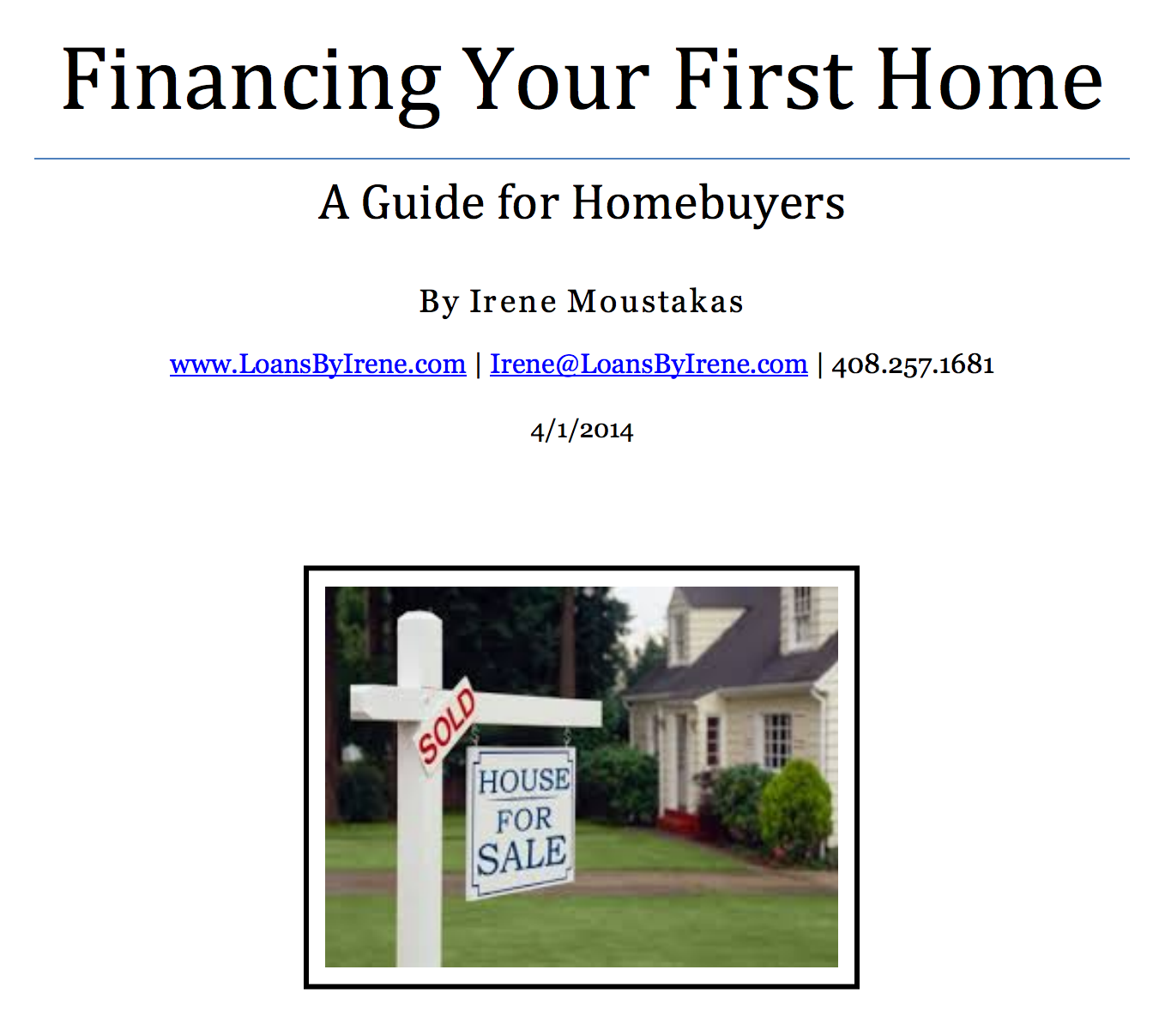From a loan-perspective, here are some lender rules and qualifications to consider when you’re buying a rental property. Taxes and write-offs are a completely different aspect you need to consider as well, but speak to your tax advisor about this in order to make the best overall financial decision.
On investment property purchases, lenders ideally want a down payment of 25% or greater. You can certainly purchase with less down (depending on loan amount), but rates increase by a pretty significant percentage. So count on 25% down for your purchase, plus closing costs, and also to be able to document that you have enough reserves to cover the rental property plus any other properties you own (reserve requirements vary from lender to lender).
For qualifying, a lender will take 75% of anticipated gross rental income to offset the total housing payment of Mortgage + Taxes + Insurance. So if your total monthly output on the property is $4000, and you’re expecting you can rent the home out for $2000, then the lender considers your rental income to be $1500 (75% of $2000), and you will be qualifying with a net housing payment of $2500.
The reduction of gross rent is intended for any potential vacancies, maintenance and general variable expenses (plumbing leaks, water heater needs…). If you own a home now, you know how these things can arise. From a personal perspective, it is important that you can manage this as well. How would you feel if the property was vacant for a couple months while you were doing repairs and working on getting it rented out? Can you handle the total housing payment plus your own living and housing expenses? What if the property remained vacant for longer than anticipated? Be prepared for these considerations too.
Of course, the area you buy in will determine if you will be cash-flow positive on your rental or negative. If you are 30-something and purchase a rental property now, with the intention of paying down the mortgage and retaining the home for your life, then in 30 years, you will have no mortgage on it, rents will be higher, and that cash flow will be part of your retirement income and strategy.
If you are looking to purchase in California, I can assist you in that endeavor. I find it’s always good to start out with general qualifying numbers, and that can help you make the financial decision that aligns with your overall goals.


